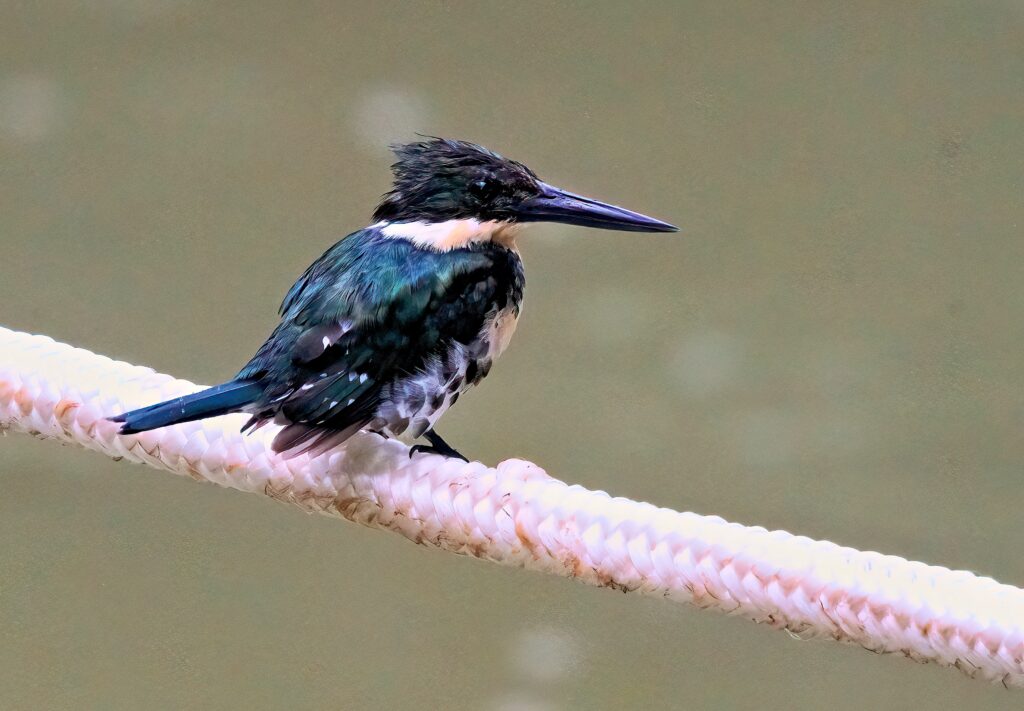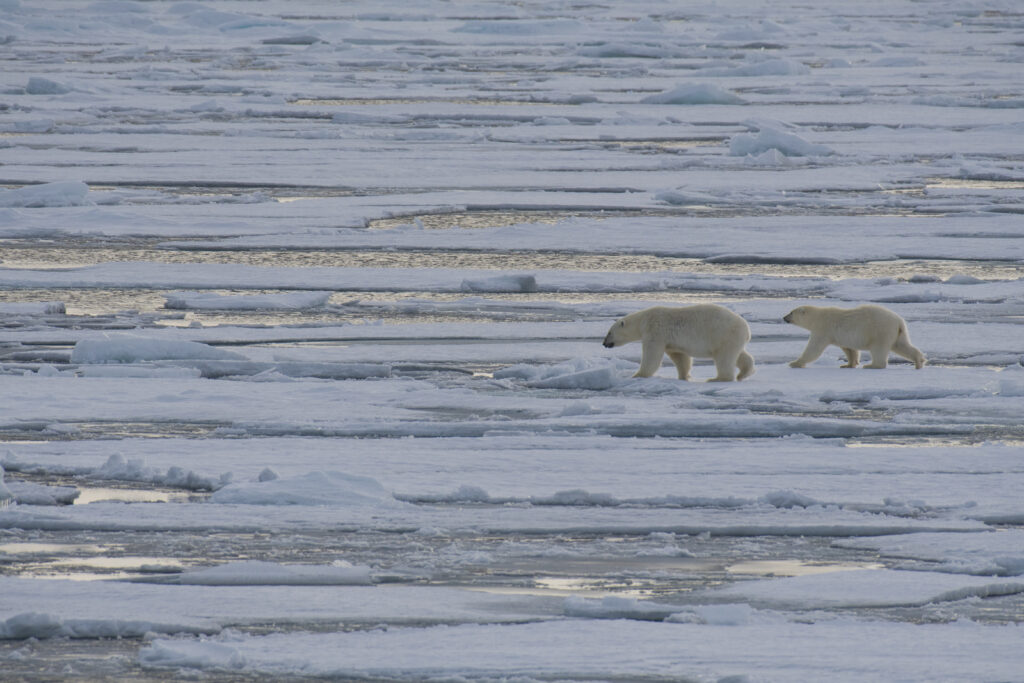Wildlife
Captive-bred axolotls have successfully adapted to the wild, offering hope for the future of this critically endangered species who have been on the verge of extinction for nearly two decades. In an attempt to trial their reintroduction, scientists have recently conducted a study involving the release and monitoring of 18 captive-bred axolotls into Lake Xochimilco and its neighbouring artificial wetland. Volunteers tracked their movements for roughly 40 days, and the results of this study have revealed that not only have all 18 individuals survived, but those that were recaptured for monitoring have gained weight, suggesting they have successfully adopted natural hunting behaviours. Whilst this study has revealed that species reintroduction is a viable option, ecologist Luis Zambrano has stated the team’s first priority is to improve habitat conditions for axolotl’s already living in the wild.
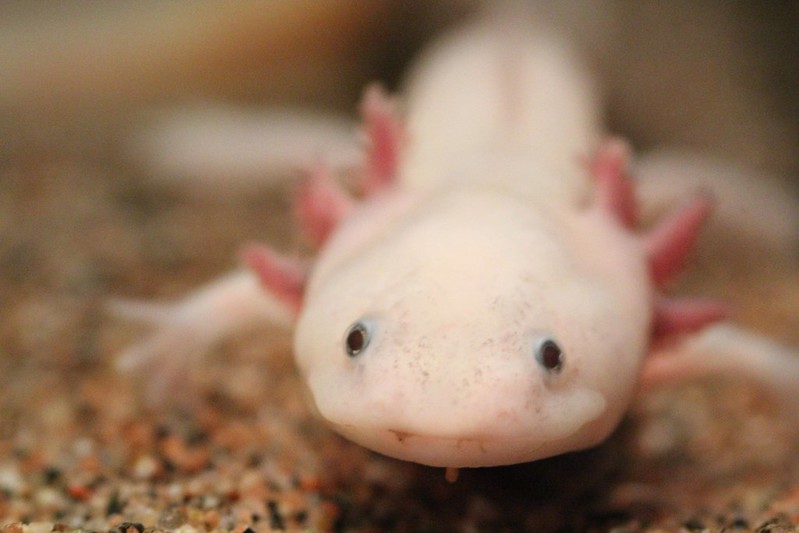 Ambystoma mexicanum by Ruben Undheim, via flickr.
Ambystoma mexicanum by Ruben Undheim, via flickr.
The only breeding pair of Ospey in southern England have laid four eggs for a second year running. The Osprey reintroduction programme began in Poole Harbour in 2017, and in 2022 female CJ7 and male 022 became the first nesting pair recorded on the south coast of England in 180 years. With the eggs expected to hatch at the end of the month, the Birds of Poole Harbour group have stated that a repeat of all four eggs successfully hatching would be a very promising outcome for their recolonisation, however every hatchling should be celebrated.
Science and Environment
A government grant from the Nature Restoration Fund is set to facilitate the eradication of American mink from the Outer Hebrides. Over 2,000 individuals have been captured since the Hebridean Mink Project began in 2001, and in 2018 it was thought that their population had been reduced to a level that was no longer functional. However, data has revealed that 20-30 mink are still trapped annually. The Scottish Government’s grant will enable the installation of more traps, ensuring the eradication of this invasive species from the islands and supporting the recovery of ground-nesting birds and other native wildlife.
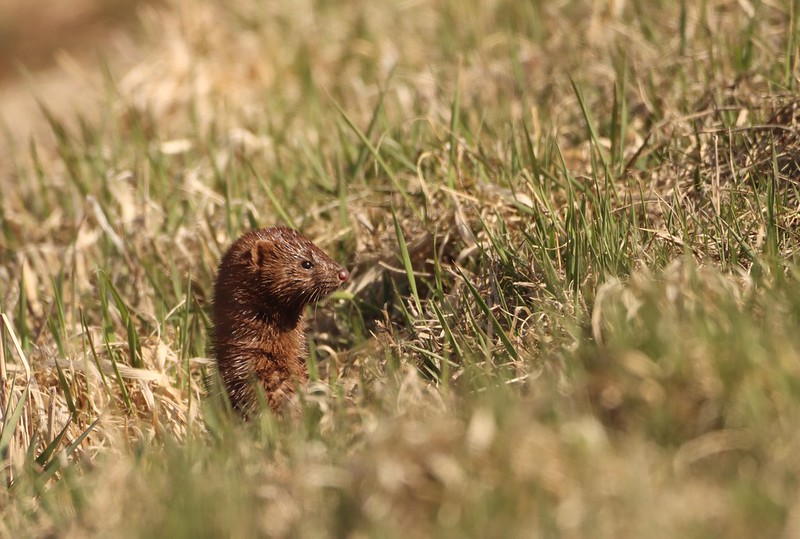
Policy
Sandeel fishing ban remains in place in the North Sea. Sandeels are a vital source of food for a wide variety of the UK’s marine life and coastal sea birds, and in early 2024 English and Scottish authorities implemented trawling bans due to concerns about declining populations. The EU have now challenged this ban, arguing that the motion was ‘discriminatory,’ ‘disproportionate’ and could threaten commercial sandeel fishing in Denmark. Several key organisations including the RSPB and DEFRA have since advocated for the measure to remain in place, and judges have ruled that there is no legal obligation to reverse this order.
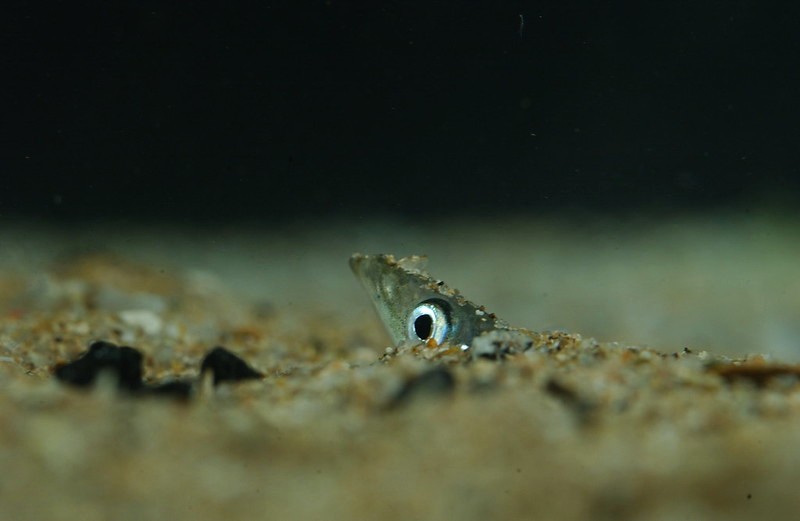
Housing developers in England may be able to build on protected green spaces without needing to replace nature lost locally. The proposed Planning and Infrastructure bill could allow developers to pay into a fund for off-site habitat creation, potentially outside the local area, or even in a different county. While the Labour government aims to streamline development to meet housing targets, concerns are growing that this could harm poorer rural communities and lead to a “cash to trash nature” system, undermining local access to nature and potentially ignoring crucial environmental protection.
Pollution
UK is falling behind on its commitment to reduce microplastic pollution. Scientists have revealed that these pollutants continue to infiltrate our food sources, ecosystems and bodies. Researchers are now warning that the UK is falling behind both Europe and the US in the introduction of enforceable targets on microplastic in wastewater and drinking water. As a result of this, they are now encouraging ministers to develop a comprehensive approach to reduce plastic pollution, whilst also providing funding for vital research into safe microplastic exposure thresholds.



